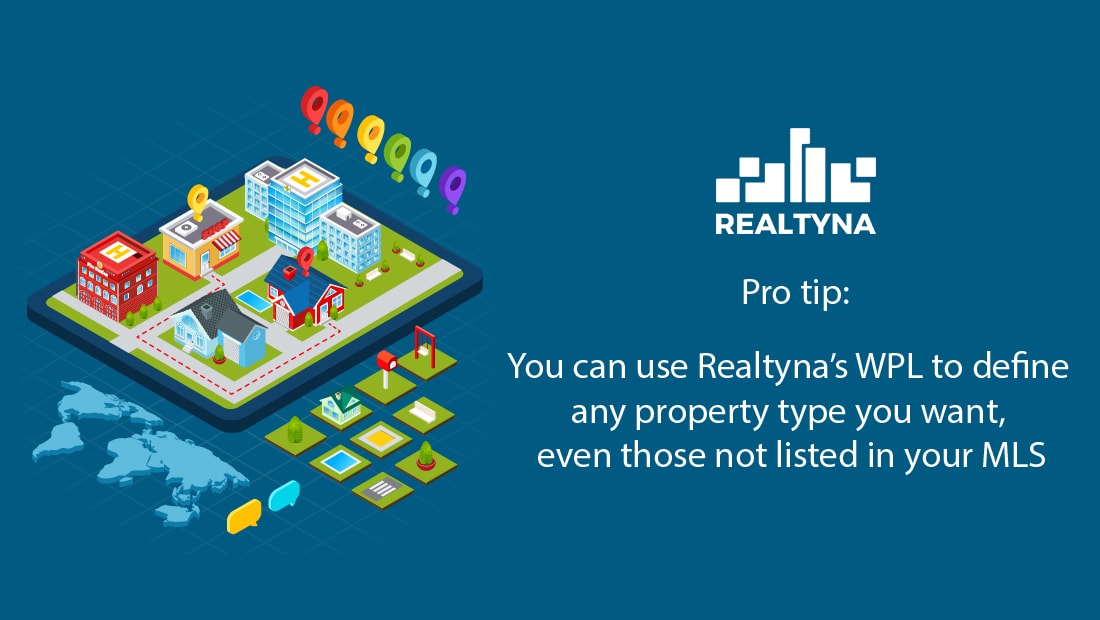
What are the Types of Agreements for Real Estate Agents?
The home buying and home selling process seems to be a very stressful thing, but as buyers and sellers agree, paperwork and real estate agreements is a whole other topic. There are many tiny details you need to be aware of. Being meticulous and paying close attention to the details is key to a successful deal closing.
In this blog, we will overview different types of agreements for real estate agents. This article is both helpful for the real estate agents and for buyers and sellers as well. So, if you’re interested in this topic, keep reading.
Open Listing
“Open listing” happens to be the least favorite type of agreement amongst real estate professionals. In a nutshell, the seller has a right to use as many brokers as he/she wants. The distinguishable part of this type of agreement is that the seller is not obliged to pay any commission if he manages to sell the property without an agents’ help.
Let’s see what are the pros and cons of open listings:
Pros
- You will have many agents working for you, which means more potential buyers.
- There is a fat chance, that agents will be talking with different demographics. Which is good for you.
- Hiring several agents may benefit the deal. Agents will compete amongst each other trying to get the deal closed as fast as they can and finding the highest price.
Cons
- Generally speaking, agents prioritize exclusive listings more. We will talk about exclusive listings in a couple of seconds. But in a nutshell, because of the possibility of not getting the commission and high competition, agents might not work as meticulously as is needed.
- Agents competing with each other might create an unhealthy working environment, which can affect your deal as well.
Exclusive Listings
Exclusive listings agreements have similar traits with open listings. As in open listings, exclusive listing agents are paid only if they sell the property. But exclusive listings means that the agent is working alone, he has exclusive rights to sell your property. And the seller can not hire another real estate agent.
Usually, an exclusive listing agreement is set within the specific time frame: 30 days, 60 days, 90 days, etc. The exact time period should be mentioned in the agreement. If the agent isn’t able to perform the task within the time frame, the seller has a right to fire the agent and not pay anything.
Pros
- No high competition between the agents creates a healthy environment that affects both your deal and your professional relationship with the chosen agent.
- Because of the exclusive rights to sell the property, the agent will ensure that you are getting the best deal and market your property to the best of their ability.
Cons
- Usually, the commission with exclusive listings is higher than with the open listings.
- Sometimes, when the real estate market happens to be in some kind of stagnant state, it’s really hard to find a client that will pay a high price for a property. Especially, when the agent is working within the specific time frame.
Exclusive Right to Sell Listings
Exclusive listings and exclusive rights to sell listings share one similar trade. Both have an exclusive right to sell the property. The seller is obliged to respect this rule. But unlike the exclusive listings, exclusive right to sell listing agents are paid even if the seller finds the buyer without agents help.
Pros
- As agents state, exclusive right to sell listings happens to be the fairest type of agreement. Both sellers and agents benefit from it. Unlike the open or exclusive listings in case of which agents aren’t paid if they don’t close the deal, despite the energy and time that they spend working on the deal. Exclusive right to sell listings takes care of this unfairness.
- If the agents are not constantly under the threat of losing the commission, they will spend more money, time and energy working on closing the deal, rather than worrying about the prospect of losing money.
Cons
- Again, real estate agents, in this case, are working within a time frame. So this frame can match the stagnation of the market. Usually, it’s a three-month time frame.
Net Listings Agreement
The next agreement is not legal in every state. So, be careful and contact the local lawyers before you decide to sign such an agreement. In a nutshell, the seller sets the acceptable price for the property. And if the actual price that property was sold for will exceed that amount, the real estate agent is entitled to keep the excesses commission.
P.S If you’re interested in what types of agents are there, check out this article.



Sorry, the comment form is closed at this time.